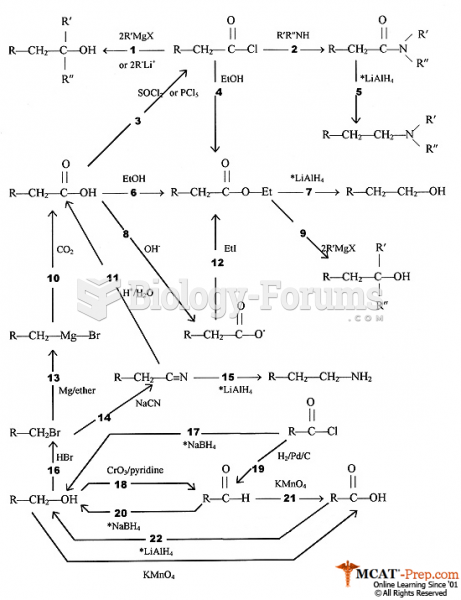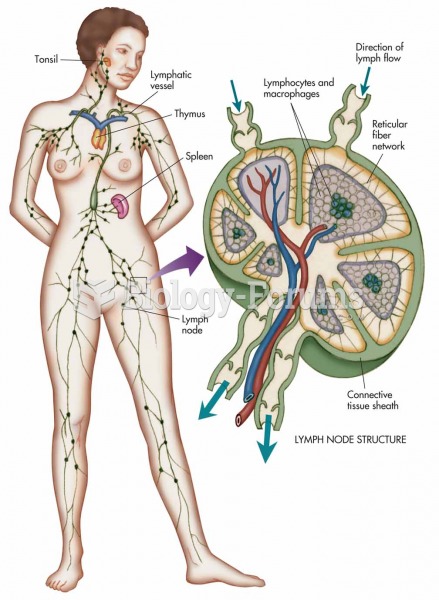|
|
|
Approximately 25% of all reported medication errors result from some kind of name confusion.
In the United States, there is a birth every 8 seconds, according to the U.S. Census Bureau's Population Clock.
Looking at the sun may not only cause headache and distort your vision temporarily, but it can also cause permanent eye damage. Any exposure to sunlight adds to the cumulative effects of ultraviolet (UV) radiation on your eyes. UV exposure has been linked to eye disorders such as macular degeneration, solar retinitis, and corneal dystrophies.
There are more bacteria in your mouth than there are people in the world.
Oxytocin is recommended only for pregnancies that have a medical reason for inducing labor (such as eclampsia) and is not recommended for elective procedures or for making the birthing process more convenient.







